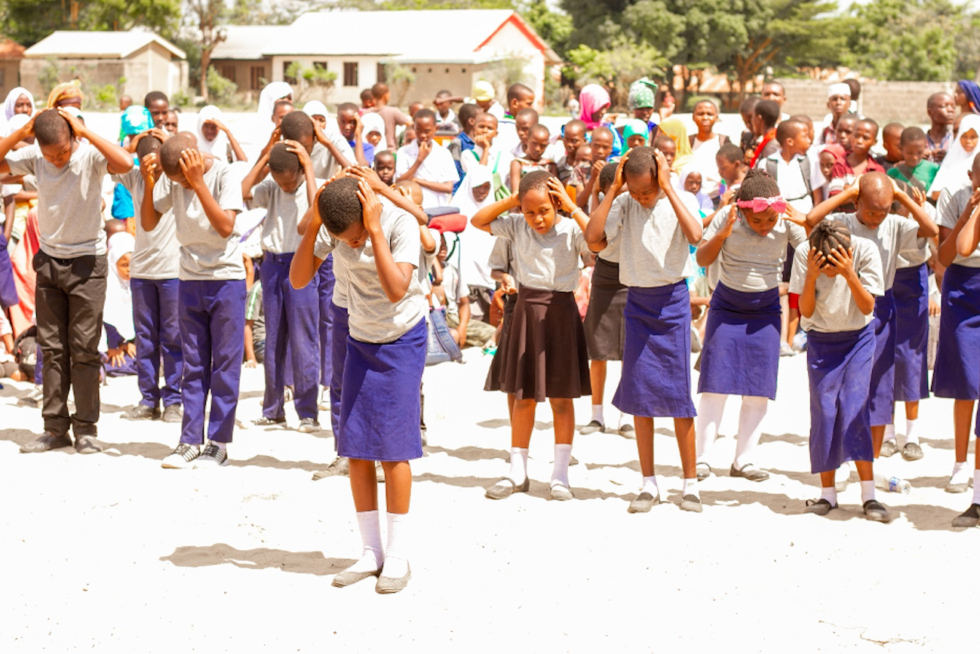On June 16, 1971, more than 20,000 South African students in the township of Soweto took to the streets demanding to be taught in their own language. Armed police officers responded by murdering hundreds of protesters. Now a public holiday in South Africa, referred to as Youth Day, exists. The day focuses attention on the barriers African children face in order to receive a quality education.
Instead of focusing on interventions that are issue-based, the country of Tanzania is now focusing on building systems that both prevent violence against women and children in all its forms and responding to the needs of victims/survivors. This undertaking is immense in that it requires not only a high level of coordination and cooperation among all duty bearers, but also entails taking concrete steps toward bridging the public and private spheres and reaching communities, families, and individuals – including children – and reshaping perceptions of violence as well as gender roles between men and women.
The major child rights violated include the rights to life, the right to survival, the right to play, the right to health care, the right to education, the right to participate, the right to parental care and guidance, the right to be listened to, the right to justice, the right to provision of basic needs like food, shelter, and clothing.
On June 16th, 2021, ALARM Tanzania organized the gathering of about 1,500 primary and secondary school children for sports, games, and educational events on children’s rights. Children were instructed to reflect on their rights as children and on gender-based violence in their schools, homes, and communities. At the end of the day, the children were provided snacks and drinks before they were dispersed.

